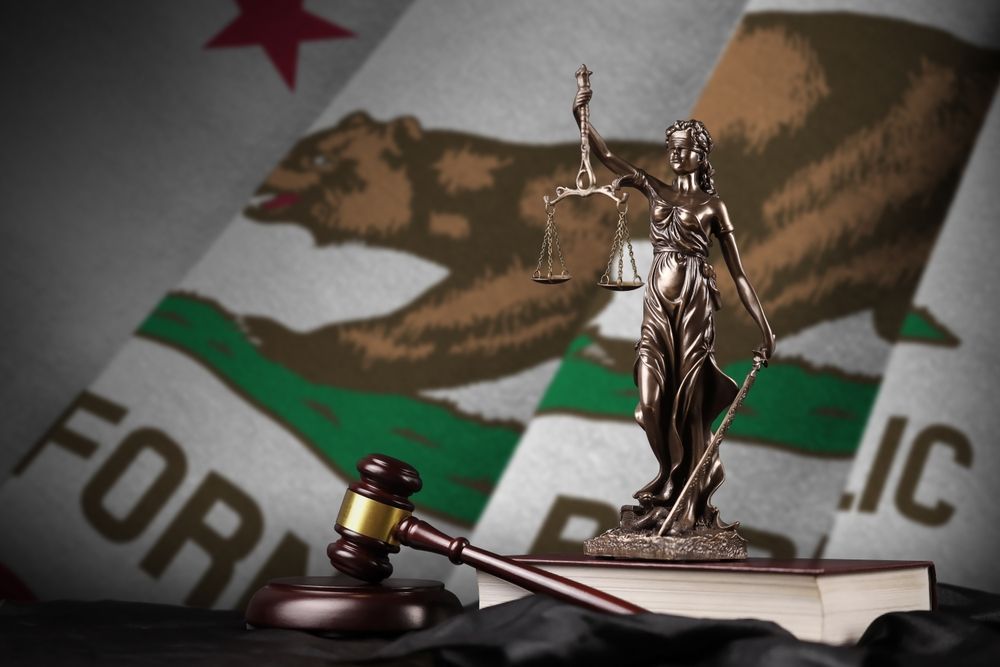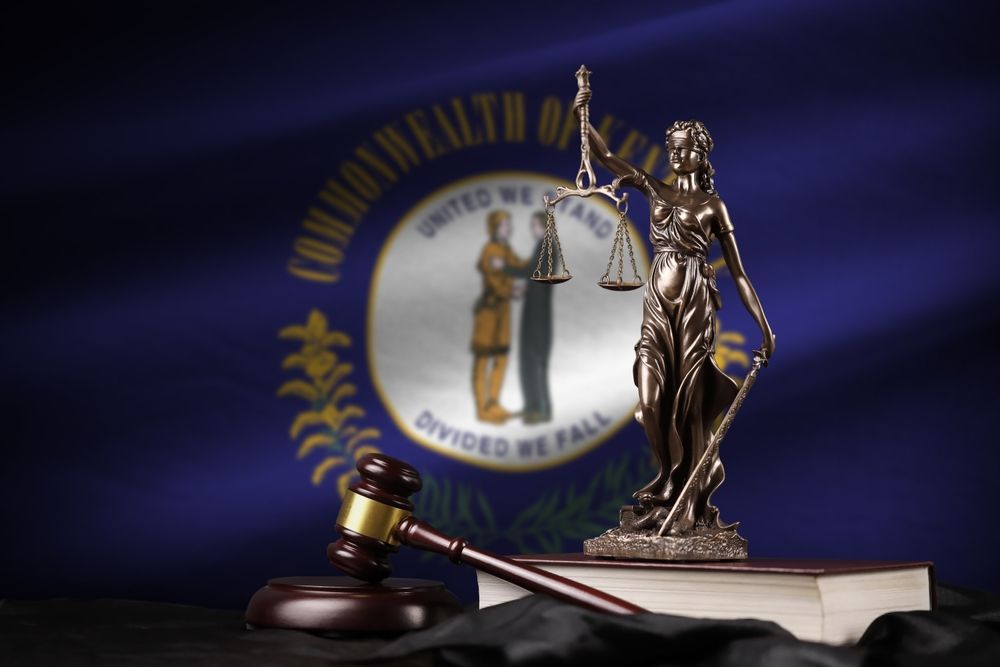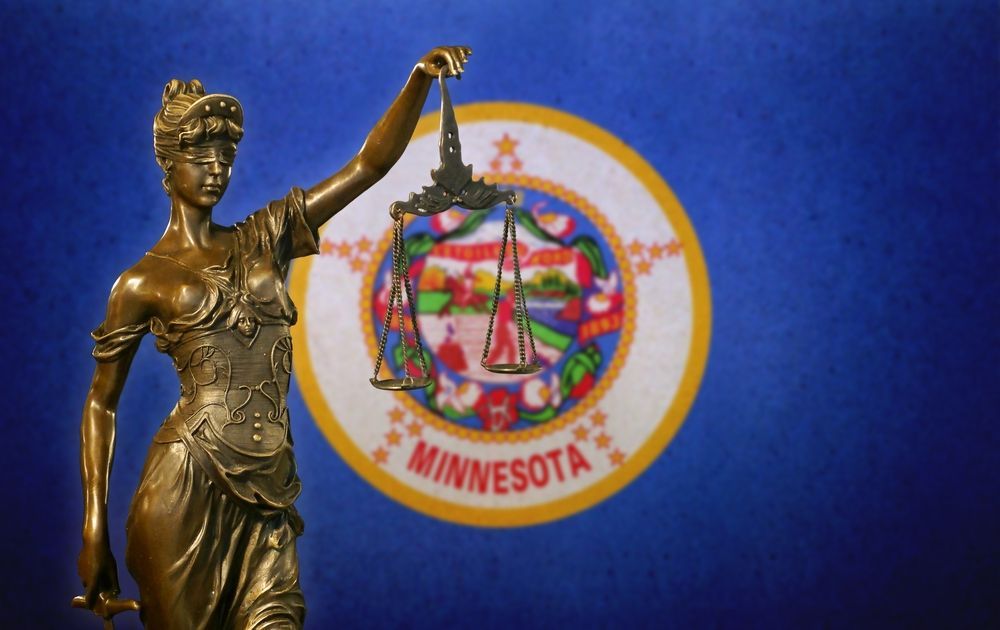Written by: Eagle Eye Screening Solutions
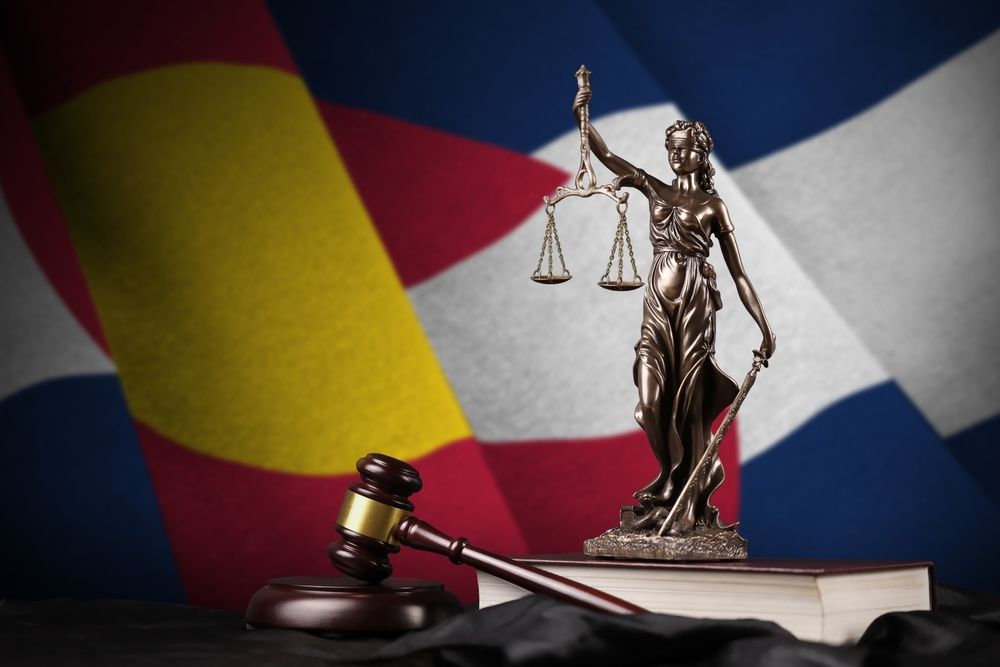
The Colorado Clean Slate Act was passed in 2022 and went into effect July 1, 2024. Hundreds of thousands of Colorado criminal convictions will be automatically sealed. The process will roll out in 2024 and 2025. The law is intended to increase employment opportunities for people with old convictions. Research suggests that former convicts are half as likely to commit new offenses if they are employed.
Key Provisions of the Clean Slate Act in Colorado
The Colorado Clean Slate Act has provisions for both sealing and expunging criminal records. Expungement goes a step beyond sealing by completely erasing the records from official databases.
Low-level offenses will be sealed automatically after a specified amount of time has passed. There must not be any new offenses during that time. Individuals will no longer have to petition to have records sealed.
Certain juvenile offenses and other minor offenses can be expunged. Expungement requires petition as well as evidence of rehabilitation.
Sealing a Record vs Expungement
When a record is sealed, it is hidden from public view. Employers, landlords, and consumer reporting agencies are no longer able to see it. However, the record is still on the databases, and government agencies such as courts and law enforcement agencies continue to have access to it. Records can be unsealed if there is a new conviction.
When records are
expunged, they are removed from the database and no longer exist. There is no record of the offense; it is as if it never occurred.
Order to Seal Conviction Records Automatically
Before the Clean Slate Act, it was a laborious process to have a criminal record sealed. There was a lot of paperwork, and it generally required the help of an attorney. Only about five percent of those eligible completed the process.
Under Clean Slate, the State Court Administrator must create a list of eligible offenses on a quarterly basis. This began on July 1, 2024, for misdemeanors, petty offenses, civil infractions, and drug offenses. Beginning July 1, 2025, the Administrator must start including eligible felonies on this list.
Colorado district attorneys will be given the opportunity to object in a situation where sealing would threaten public safety.
Petition-based sealing will still be available. The timeframes are shorter than for automatic sealing.
Timeframes for Automatic Sealing Based on Offense Type
Civil infractions are eligible for sealing when four years have passed since the final disposition of the case. Petty offenses and misdemeanors are eligible after seven years.
The timeframe for eligible felonies is 10 years. This is 10 years after the final disposition or after the individual has been released from supervision, whichever is later.
Eligible and Ineligible Records Under the Act
In general, records eligible to be sealed are those is which there was not a victim. Serious felonies involving violence will not be sealed. There are specific crimes that are ineligible, including driving under the influence, some sex crimes, child abuse, and felony abuse.
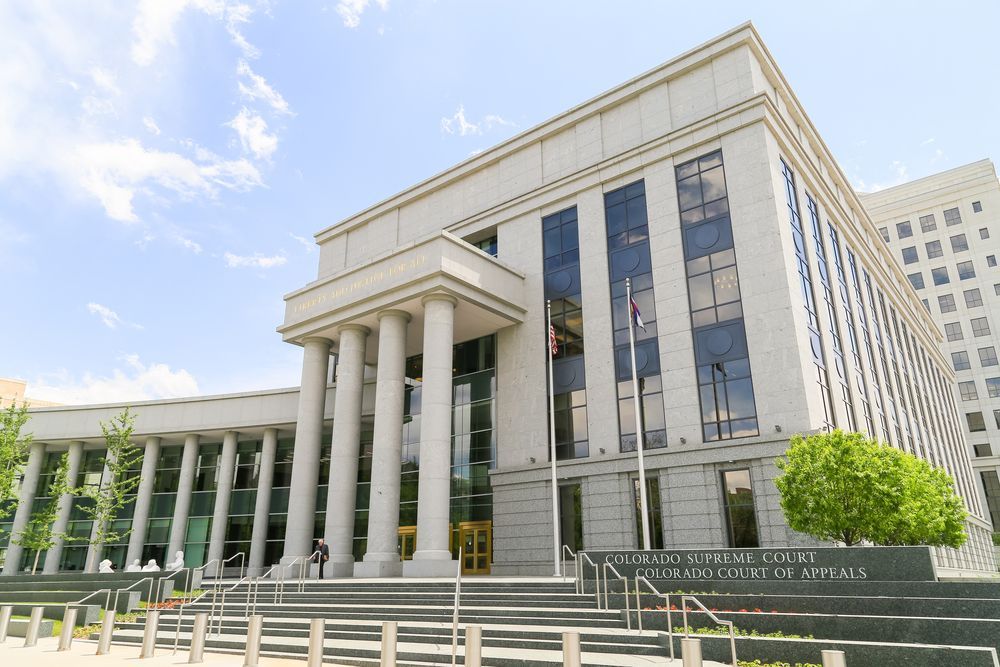
What Record Sealing Means for Employers
As soon as automatic sealing begins, employers will see fewer criminal records involving civil infractions, petty offenses, and misdemeanors. They should not expect to see these reported to them
by their CRAs. After the process expands to include some felonies in July 2025, there will be a further decrease in records that they cannot access and will not be reported to them.
The Shift in Colorado Background Check Practices
On July 1, 2024, the same day that the Clean Slate Law goes into effect, another Colorado law, the Job Application Fairness Act (JAFA), became effective. JAFA restricts the information an employer can request in an initial interview.
During the initial process, the employer may not ask for the candidate’s age, DOB, or dates of high school or college attendance. There are some exceptions. One purpose of this is to prevent age discrimination. Another is that DOB can be used to access criminal records.
This is similar to the intent of the existing Colorado Chance to Compete Act, which is a ban-the-box law. This law prohibits an employer from asking about criminal history in an initial application and from using language in an application that implies people with criminal histories will not be hired.
What Employers Can and Cannot Access Post-Sealing
After the Clean Slate act is rolled out in 2024, employers will not be able to see criminal history for any records that have been sealed. This includes civil judgments, most misdemeanors, and petty offenses. After mid-2025, they will be unable to see felonies that are eligible for sealing. They will still be able to access anything they could previously access concerning information such as education history, employment history, and previous addresses.
How the Clean Slate Act Affects Your Hiring Process
Employers will need to update their hiring procedures to comply with the new law. This may include updating their internal policies and training HR and other relevant personnel on the Colorado Clean Slate Law and its implications.
You should also establish procedures to more thoroughly examine alternative background sources. Validation of education, previous employment, and professional licenses will become much more important as employers attempt to get a rounded picture of an applicant apart from criminal history.
Moving Forward: Ensuring Compliance and Fair Hiring Practices
Nothing in the new law prevents employers from conducting background checks. You may order a background check any time during the hiring process. However, since JAFA restricts when you may ask about age and DOB, you will generally have to wait until after the initial application process has been completed.
It is vital not only to understand the Clean Slate and JAFA but also to be aware of any new legislation that may be enacted. The trend, both nationally and in Colorado, is for states to be more restrictive about what employers may ask and when they may conduct background checks. It’s more important than even to partner with a reliable CRA to perform compliant background checks yet still obtain the information required to hire the best employees and maintain a safe workplace.
Eagle Eye Screening Solutions has over 20 years of experience in retrieving public records and delivering background reports that are compliant and meet reporting needs.
Contact us to learn how we can deliver background checks that matter while navigating today’s regulatory landscape.


